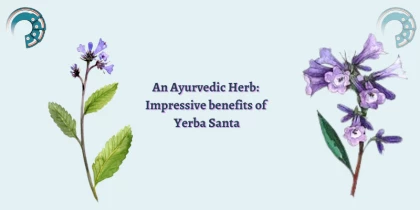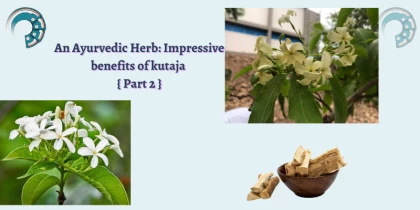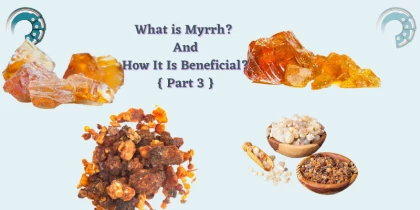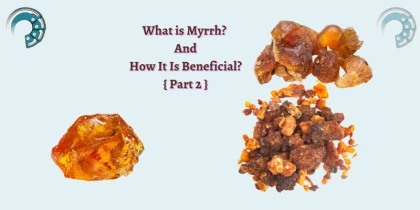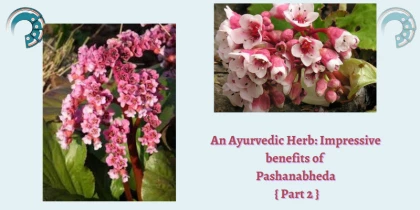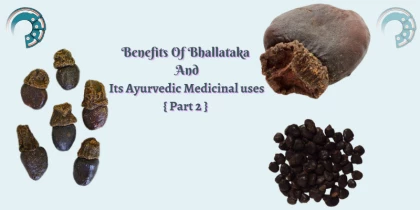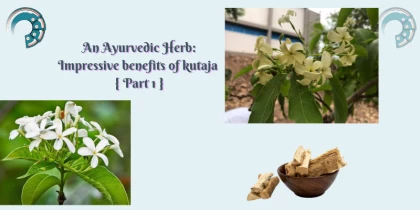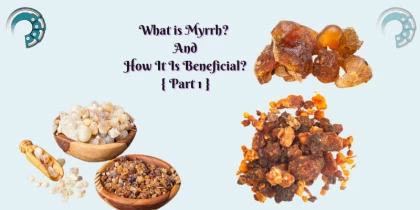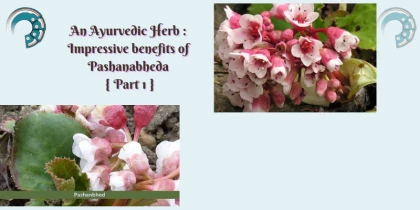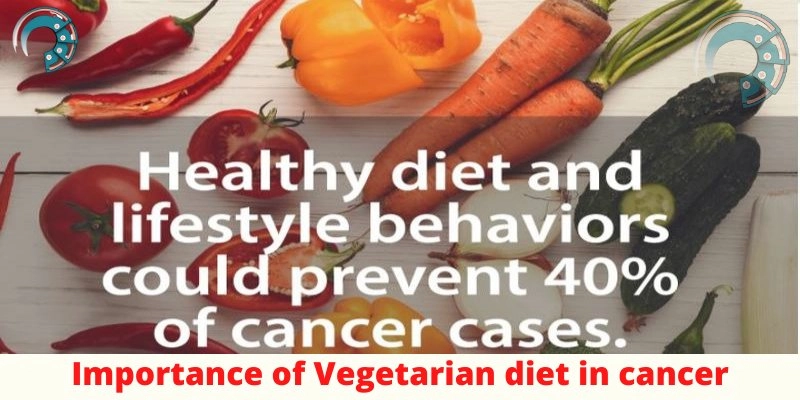
Importance of Vegetarian diet in cancer
Cancer, the most dreadful disease never fails to arouse fear, apprehension, and anxiety in those who are associated with it— especially those who are affected by it—the patients and their near ones.
Cancer has been the subject of much research, and every year discoveries are being made which go to contribute to the patients' treatment.
Newer drugs, newer investigations, and newer procedures for treatment have changed the outlook of the disease today. However, thousands of people are still suffering, and thousands are dying painful deaths every year.
Research has been focused on many aspects of this disease and one of the aspects has been nutrition.
Diet is one of the vital factors essential for the sustenance of life. However, in as much as food is vital for the maintenance of various biological processes within our body, it is even more vital to know that the type of food we select as a diet can turn out to be the cause of our death.
Diet could exert its effect on human cancers in several different ways
- Through carcinogens produced by food processing or cooking
- Through carcinogens in the body produced during digestion, especially in the stomach, small or large intestines
- From food constituents itself
- Through the indirect effects of undernutrition, malnutrition, and overnutrition and
- Through the protective effects of certain dietary factors.
- The relationship of cancer with nutrition is one of the oldest known, but, perhaps one of the most neglected facts.
Eating too much meat has been linked to cancer
- Eating too much meat - especially too much-processed meat - can increase your risk for certain types of cancers, including colon cancer and esophageal cancer.
- Processed meats like deli meat, bacon, and hot dogs contain chemical preservatives that can increase your cancer risk. Consuming red meat like beef, lamb or pork increases cancer risk as well.
- Eating meat cooked at high temperatures using methods like barbecuing and pan-frying can increase your risk of developing kidney cancer.
Vegetarian diets—naturally low in saturated fat, high in fiber, and replete with cancer-protective phytochemicals—help to prevent cancer.
Vegetarians are about 40 percent less likely to develop cancer compared to meat-eaters. Similarly, breast cancer rates are dramatically lower in nations, that follow plant-based diets.
Interestingly, women who follow meat-based diets are eight times more likely to develop breast cancer than women who follow a more traditional plant-based diet.
Meat and dairy products contribute to many forms of cancer, including cancer of the colon, breast, ovaries, and prostate.
Can becoming vegetarian or vegan help lower your cancer risk?
While no diet choice will guarantee that you won’t develop cancer, cutting meat can help you lower your cancer risk.
Two-thirds or more of your plate should be plant-based foods.
That’s in part because plant-based foods contain phytochemicals, the nutrients that your immune system needs to fight off diseases like cancer.
Plant-based foods also contain more fiber, which can help lower your cancer risk. Fiber not only keeps you feeling full longer, but it helps you lower your cholesterol, stabilize your blood sugar levels and manage your bowels. The meat just doesn’t do that.
Do vegetarians and vegans miss out on important nutrients?
Animal products do contain healthy nutrients like protein, vitamin B12, vitamin B6, and iron. Someone eating vegan or vegetarian could be missing these important elements, but they are easy to get from certain plant foods.
Vegetarians might need to put in a little more effort to ensure that they get these nutrients. Vegans face an even bigger challenge in eating a balanced diet because their food choices are more restricted. It is not impossible to achieve a balanced vegetarian or vegan diet, but it does require some planning. A registered dietitian can help you plan.
Vegetarians and vegans should also make sure they’re not replacing meat with processed or unhealthy foods. Simply cutting meat or animal products doesn’t necessarily make your diet healthy.
Studies that included tens of thousands of women and men have shown that regular meat consumption increases colon cancer risk by roughly 300 percent. High-fat diets also encourage the body’s production of estrogens.
Increased levels of this sex hormone have been linked to breast cancer. A recent report noted that the rate of breast cancer among premenopausal women who ate the most animal (but not vegetable) fat was one-third higher than that of women who ate the least animal fat.
A separate study also linked diets high in saturated fat to breast cancer. One study linked dairy products to an increased risk of ovarian cancer. The process of breaking down the lactose (milk sugar) damages the ovaries.
Daily meat consumption triples the risk of prostate enlargement. Regular milk consumption doubles the risk and failure to consume vegetables regularly nearly quadruples the risk.
Vegetarians avoid the animal fat linked to cancer and get abundant fiber, vitamins, and phytochemicals that help to prevent cancer. In addition, blood analysis of vegetarians reveals a higher level of “natural killer cells,” specialized white blood cells that attack cancer cells.


